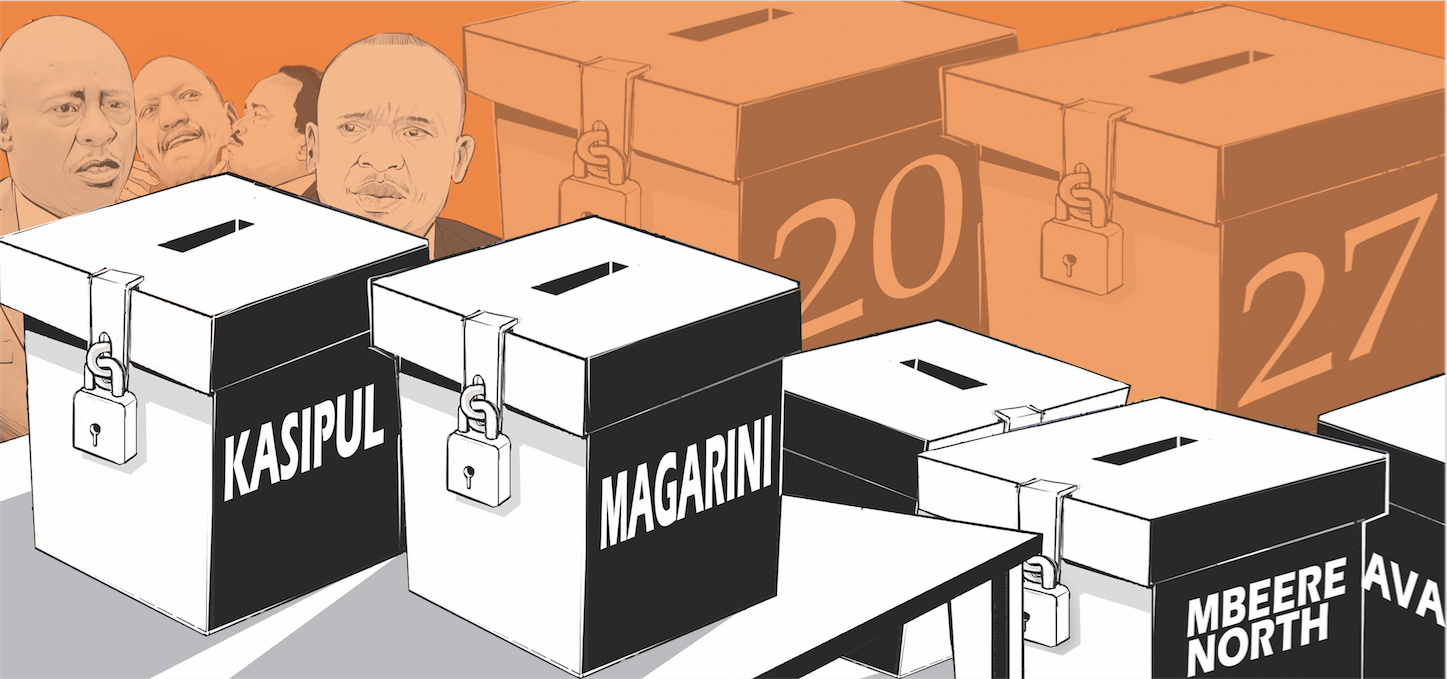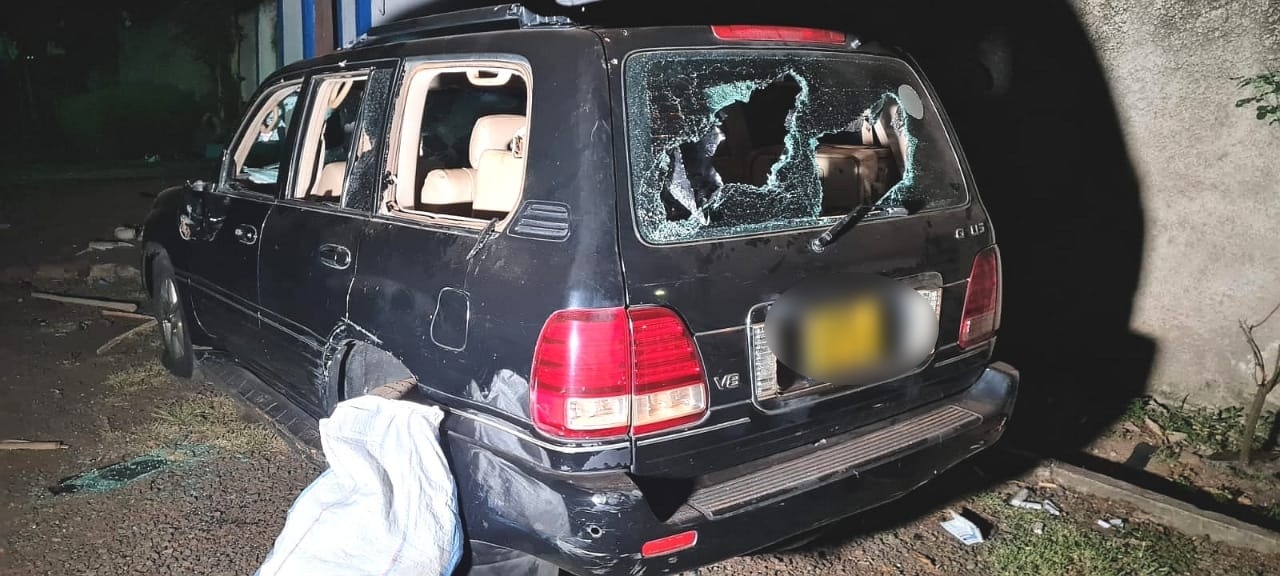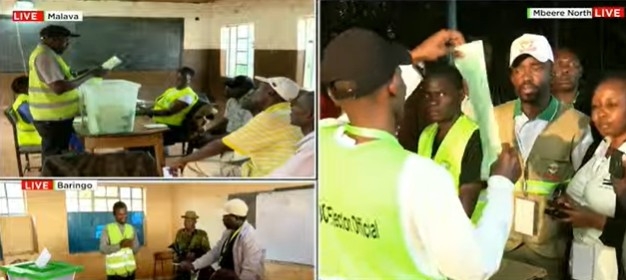

Today, by-elections are taking place across 23 constituencies and wards, marking the first major test for the Independent Electoral and Boundaries Commission under the new leadership.
This is the most extensive electoral exercise since the disputed 2022 general election and comes at a time when public confidence in state institutions remains fragile.
While the immediate aim is to fill vacant seats, the stakes are far higher.
These polls will reveal whether the current commissioners can lead the IEBC to conduct credible, transparent and legally compliant elections capable of restoring public trust.
They also offer an early glimpse into the political, legal, and institutional dynamics likely to shape the high-stakes 2027 general election.
The campaign period laid bare the deep erosion of political civility in the country.
The atmosphere was clouded by rising hostility, breaches of electoral conduct and deteriorating security. Violence, intimidation and misuse of state machinery were the order of the day.
Kasipul constituency was even more volatile.
At least two people were killed and several others injured, among them police officers, during campaign skirmishes.
Preliminary findings by the IEBC showed blatant misuse of public resources, aggressive mobilisation by local officials and breaches of the electoral law.
In response, the IEBC fined candidates Philip Aroko and Boyd Were Sh1 million each.
Although this was an attempt by the IEBC to set a firm precedent, it also exposed how deeply normalised electoral misconduct has become and how costly it may be to uproot.
Similar patterns of lawlessness surfaced in Mbeere North, where candidates aligned with the Kenya Kwanza regime were accused of intimidating opponents, engaging in massive voter bribery, all in attempts to cow voters or unduly influence them.
While the IEBC has acknowledged sporadic violence, the sluggish response from law-enforcement agencies suggests an uneven application of electoral law.
This imbalance risks granting certain candidates an unfair advantage, while further embedding political intimidation as a legitimate campaign tool.
The intolerance and violations witnessed in the lead-up to these by-elections serve as a preview of what Kenya may face in 2027, when competition for national power is expected to be far more intense.
On the legal front, the IEBC has leaned on the Elections Offences Act, issuing financial penalties and threatening disqualification for repeat offenders.
This demonstrates an effort to assert authority and bring order.
However, the commission’s effectiveness depends heavily on consistent enforcement.
We have not seen any action against voter bribery.
With several candidates already signalling that they may challenge the outcomes, the Judiciary is likely to play a decisive role in shaping public perceptions of fairness.
Ultimately, these by-elections serve as a crucial barometer of Kenya’s democratic health.
Article 81 of the constitution says elections must be free, fair, transparent and credible.
I must add that it must reflect the sovereign will of the people.
The IEBC carries the weight of ensuring these principles are upheld, while security agencies are duty-bound to protect voters and maintain order.
Candidates, for their part, must navigate rising political intolerance and public mistrust without resorting to unlawful tactics that undermine democratic integrity.
These by-elections present a chance to rebuild confidence in democratic institutions.
But they could just as easily expose deeper vulnerabilities, shaping the trajectory of the IEBC and, ultimately, the credibility of Kenya’s future elections.
Kenya Human Rights Commission’s program manager for Political Accountability in State Institutions
















